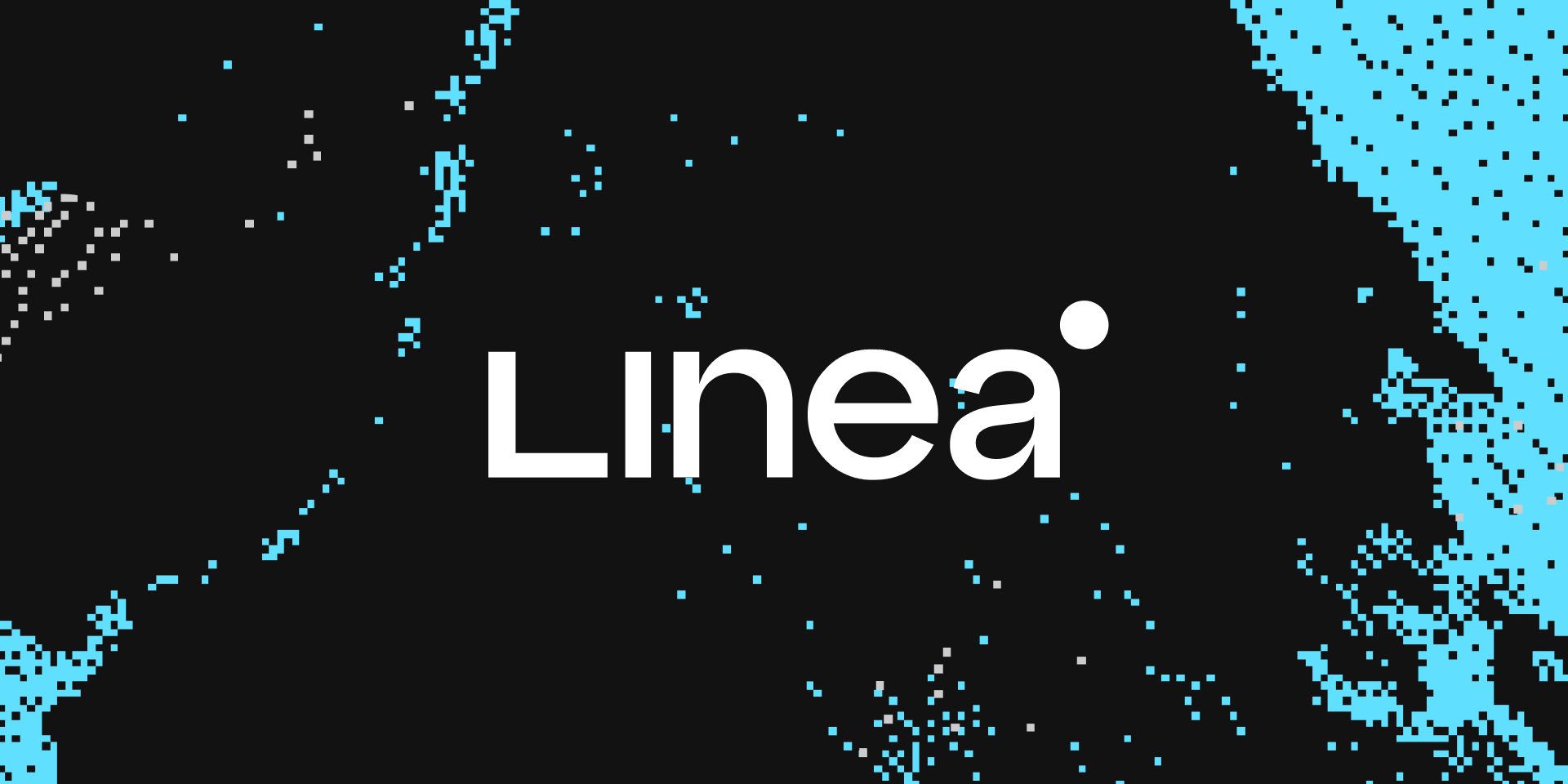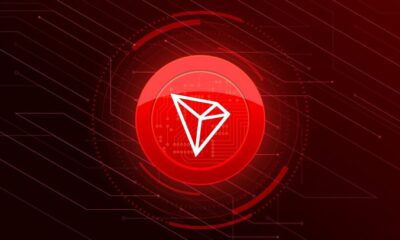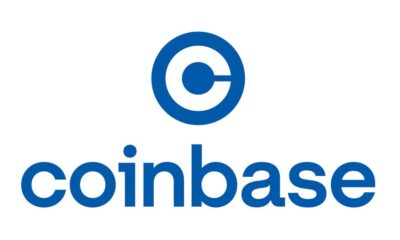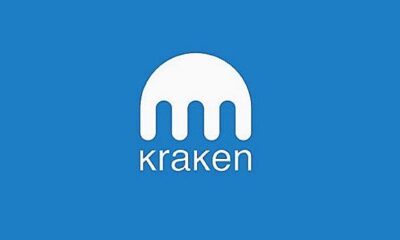Business
Linea blockchain halt highlights slow decentralization of Ethereum L2s
A recent hack on the Linea network has spotlighted the critical need for enhanced decentralization on Ethereum Layer 2 solutions. The incident, which resulted in significant security breaches, has raised concerns among the crypto community about the vulnerability of centralized systems and the pressing necessity for more robust decentralized infrastructure.
-

 Business4 days ago
Business4 days agoBitcoin mining stocks rocket 24% on macro climate, AI play: Analyst
-

 News3 days ago
News3 days agoFTX estate sues KuCoin to recover over $50M in assets
-

 Business3 days ago
Business3 days agoBhutan gov’t moves $66M of Bitcoin stash to Binance as price tops $71K
-

 Business4 days ago
Business4 days agoGemini crypto exchange receives preliminary approval in Singapore
-

 Business4 days ago
Business4 days agoApple rolls out Apple Intelligence, but fails to wow AI crowd
-

 Business4 days ago
Business4 days agoMeta is reportedly building its own AI-powered search engine
-

 Business4 days ago
Business4 days agoBitcoin hits $70K amid huge ETF inflow streak
-

 Business4 days ago
Business4 days agoCoinbase to sponsor NBA team in aftermath of FTX collapse































